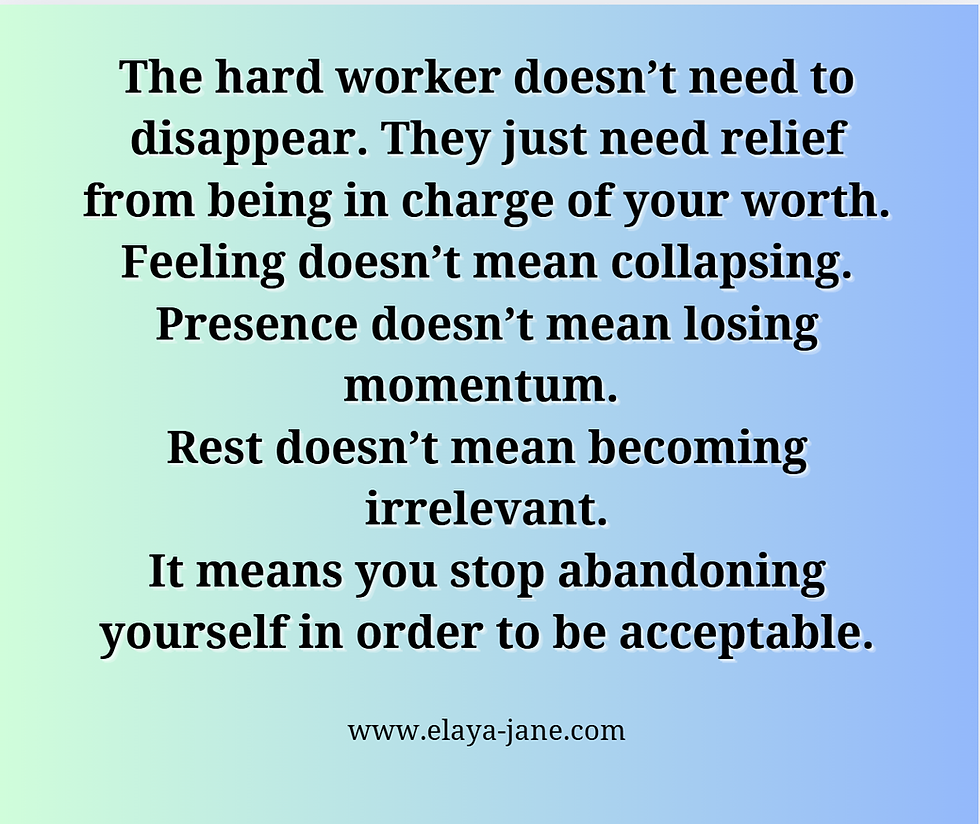What does Lashing out say About Me?
- Jane McGarvey
- Feb 10, 2025
- 4 min read
Lashing out is the expression of anger or frustration through aggressive words or actions when we have been overwhelmed by a situation. It can stem from various underlying factors, including unhealed childhood trauma.
During formative years, if a child perceives that acknowledging their role in conflicts leads to punishment or emotional harm, they may develop protective behaviors to deflect blame. As adults, these unresolved experiences can manifest as lashing out, diverting attention from personal accountability to avoid the vulnerability associated with self-examination.
This reactionary behavior hinders the development of vulnerability, authenticity, and compassion. By externalizing blame, individuals shield themselves from introspection, preventing genuine emotional connections and self-growth. Moreover, lashing out can strain relationships, creating cycles of conflict that impede mutual understanding and empathy.
To address these tendencies, consider the following strategies when you feel the urge to lash out:
Pause and Reflect: Before reacting, take a moment to breathe deeply and assess the situation. This pause allows you to respond thoughtfully rather than impulsively.
Identify Underlying Emotions: Acknowledge the primary feelings driving your anger, such as fear, hurt, or disappointment. Understanding these emotions can guide a more constructive response.
Practice Self-Compassion: Remind yourself that it's acceptable to experience strong emotions and that you have the capacity to manage them healthily.
Seek Constructive Outlets: Engage in activities like physical exercise, journaling, or creative pursuits to process and release pent-up emotions.
Communicate Assertively: Express your feelings using "I" statements to convey your perspective without assigning blame, fostering open and non-confrontational dialogue.
By implementing these strategies, you can navigate intense emotions more effectively, promoting personal accountability and creating healthier interactions.

Healing your Inner Child
Addressing the unmet needs of your inner child is also crucial if you are to heal the underlying wounding and break the need for the blame cycle. This doesn't mean that we are dredging up the past or rehashing old pain, it means that we can go back and visualize what was going on for our child self in the moments of unmet needs, gaining a clearer picture than perhaps our emotional memory has created. (Don't worry if you are not very visual, use your imagination and thought processes.)
Try to see the people around the situation and understand what was going on for them in those moments, developing compassion and empathy. After you have created some kind of construct for what your child self was experiences at that time, visualize or imagine you giving the unmet needs to your child self. You can absolutely heal these old wounds without needing to blame anyone for the wounding.
Self Validation
Engage in self-validation by acknowledging past experiences and offering yourself the understanding and compassion that may have been lacking during childhood. You can take a pen and paper and jot down the experiences that were both positive and negative for you during your childhood and teen years, then work through them emotions of them, one by one.
Try to understand how those experiences have impacted your personality and how much they have affect you in regards to developing healthy interpersonal relationships. This kind of technique is a bit of a fact finding mission, remembering that the facts will all be colored with the emotional memory and reactions, so not necessarily factually true when you compare with the other peoples memoires.
Techniques such as inner child meditation, self-reflective journaling, or therapy can facilitate this healing process, allowing you to integrate past experiences and respond to present challenges with greater emotional resilience.
In conclusion, recognizing the roots of lashing out in unhealed childhood trauma empowers you to break free from reactive patterns. By embracing self-awareness, personal accountability, and self-compassion, you can cultivate vulnerability, authenticity, and compassion in your interactions, leading to more fulfilling relationships and personal growth.
Other Reasons Causing you to Lash Out:
Here are some common reasons individuals may lash out:
Stress and Overwhelm: High levels of stress from work, personal life, or other responsibilities can lead to emotional exhaustion. When overwhelmed, individuals may have a shorter temper and react impulsively.
Unmet Needs: Feelings of neglect or unfulfilled emotional needs can result in frustration. Without proper communication, this frustration may manifest as lashing out.
Learned Behavior: Growing up in environments where anger was expressed aggressively can normalize such reactions. Individuals may mimic these behaviors, believing them to be appropriate ways to handle emotions.
Mental Health Conditions: Certain mental health issues, such as Intermittent Explosive Disorder (IED), are characterized by sudden episodes of unwarranted anger. Individuals with IED may experience intense outbursts disproportionate to the situation.
Lack of Emotional Regulation Skills: Some individuals may not have developed effective strategies to manage their emotions, leading to impulsive reactions when faced with challenging situations.
Physical Factors: Factors like fatigue, hunger, or chronic pain can lower tolerance levels, making individuals more prone to irritability and outbursts.
Substance Use: Alcohol or drug use can impair judgment and reduce inhibitions, increasing the likelihood of aggressive behavior.
Perceived Threats: Feeling threatened or attacked, whether physically or emotionally, can trigger defensive aggression as a means of self-protection.
Frustration from Unmet Expectations: When reality doesn't align with one's expectations or desires, the resulting frustration can lead to lashing out, especially if the individual feels powerless to change their circumstances.
Communication Barriers: Difficulty in expressing thoughts and feelings effectively can lead to misunderstandings and frustration, which may escalate into anger and aggressive reactions.
Recognizing these potential triggers is the first step toward managing and mitigating lashing our behaviors. Developing emotional intelligence, seeking professional support when needed, and practicing healthy coping mechanisms can aid in responding to challenging situations with greater composure and empathy. Reach out if you need support!



Comments